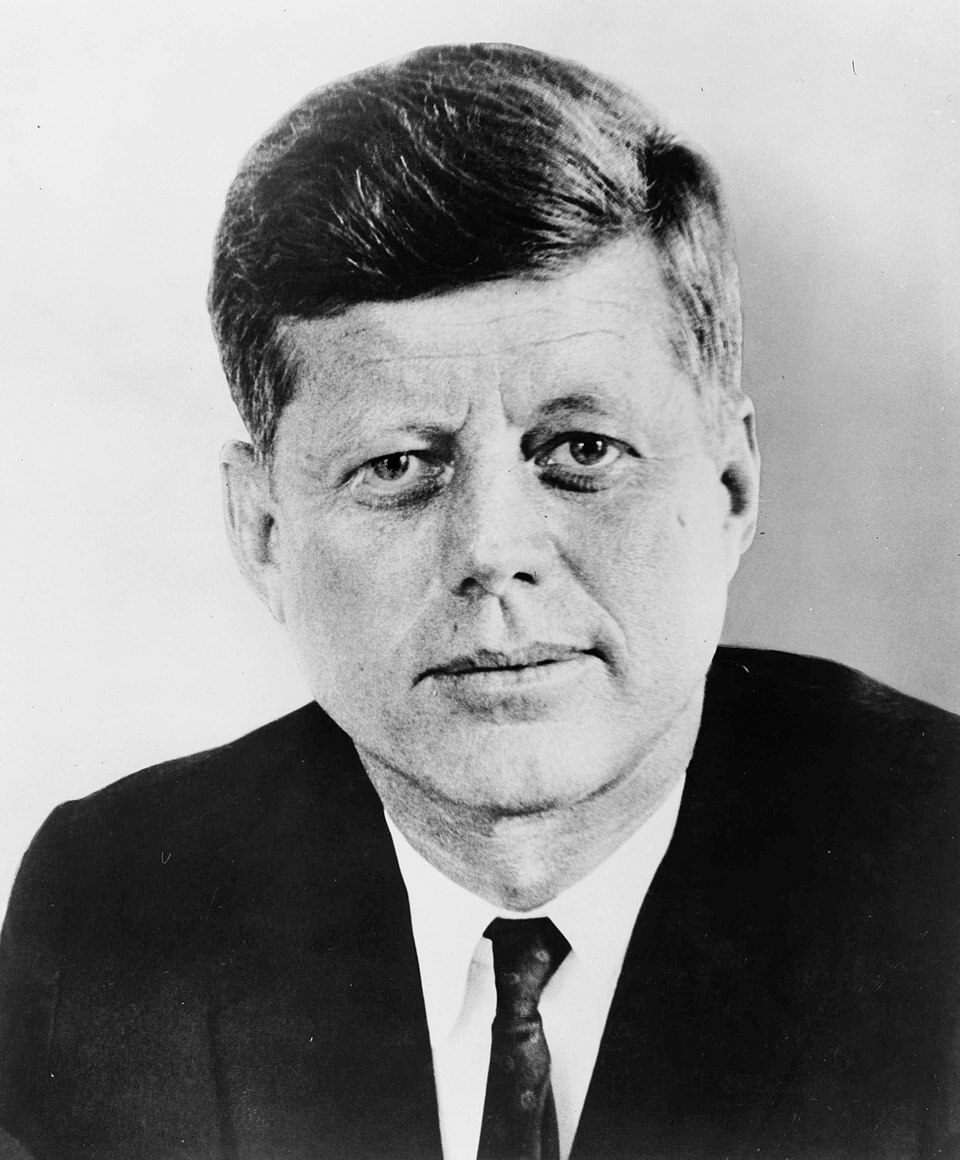
In a move that has shaken the foundations of Washington's political establishment, Director of National Intelligence Tulsi Gabbard has initiated the release of more than 10,000 documents concerning the assassination of Senator Robert F. Kennedy in 1968. This significant event took place as part of a broader effort by the Trump administration to foster transparency regarding historical events that have long been shrouded in secrecy.
Gabbard, speaking to Fox News, articulated the rationale behind the decision to declassify these records, stating that their classified status was no longer justifiable. This decision follows President Trump's directive to declassify documents related to the assassinations of key figures such as John F. Kennedy, RFK, and Martin Luther King Jr. These documents include investigative reports, foreign communications, and internal cables that have never before been accessible to the public.
The materials released offer a glimpse into the dynamics of the Cold War era and how government officials sought to manage public perception. For instance, a U.S. Information Agency cable advised against characterizing the RFK assassination as indicative of a "sick society," to prevent fueling conspiracy theories. Insights into the psychological profile of RFK's assassin, Sirhan Sirhan, are also part of the declassified files. A Justice Department report paints Sirhan as a socially isolated and emotionally unstable individual following a head injury in 1966, raising questions about whether he acted independently or was influenced by others.
The assassination of RFK occurred while he was campaigning for the Democratic presidential nomination, just months after the assassination of Martin Luther King Jr., leading to widespread unrest and suspicion of government involvement. These events sparked enduring speculation about the possible interplay between the CIA, organized crime, and political rivalries.
The release of these documents represents a significant step toward addressing the myriad of theories that have persisted over the decades. It underscores a commitment to confronting a culture of secrecy that has historically kept the American people in the dark regarding momentous national events.
Interestingly, the document release has garnered support from across the political spectrum. Representative Steve Cohen (D-TN) commended the move, emphasizing the importance of understanding these assassinations within their historical context.
For conservatives, this transparency validates long-held suspicions about the excessive secrecy maintained by what some refer to as the Deep State. The unfolding of these revelations stands to potentially rewrite the narrative of one of America's most turbulent periods.
As the review of the documents continues, there is anticipation that new truths will surface, offering clarity and closure on a dark chapter in American history. Gabbard's firm stance on transparency suggests that this is just the beginning of a broader initiative to shed light on past events, driven by the principle that the only way forward is through openness and accountability.





